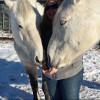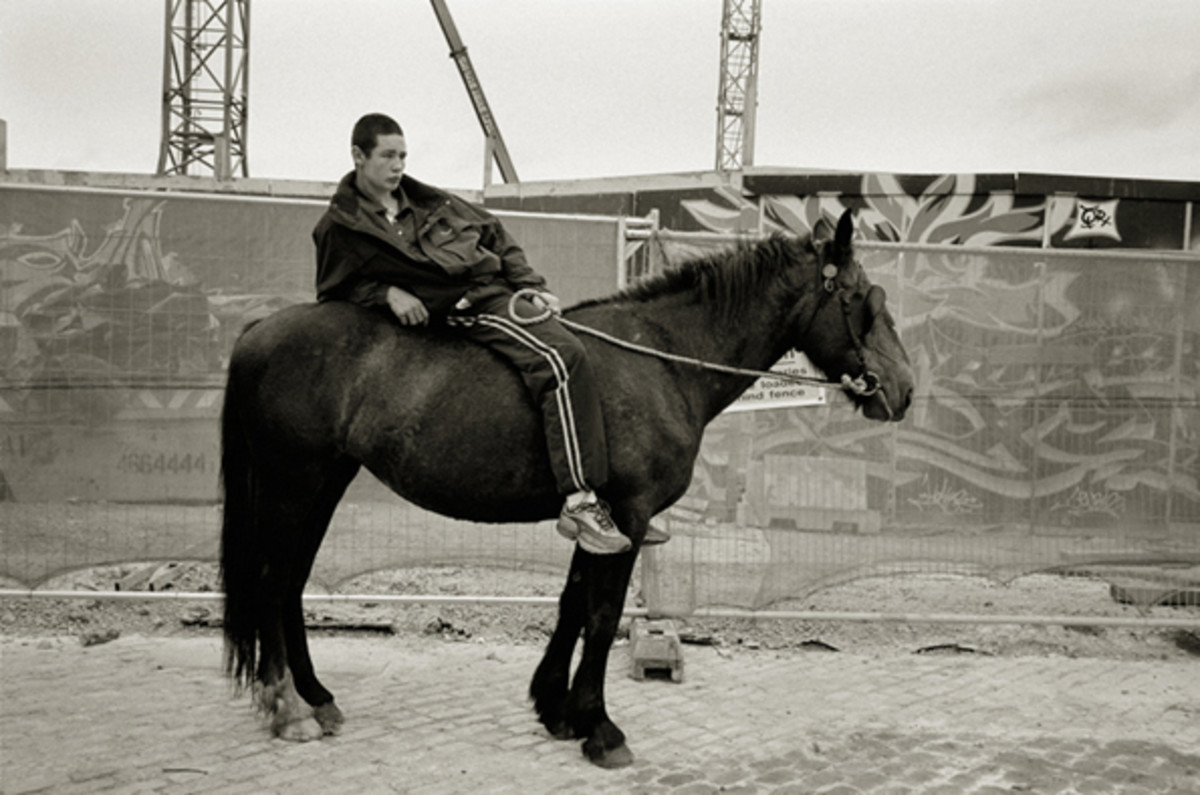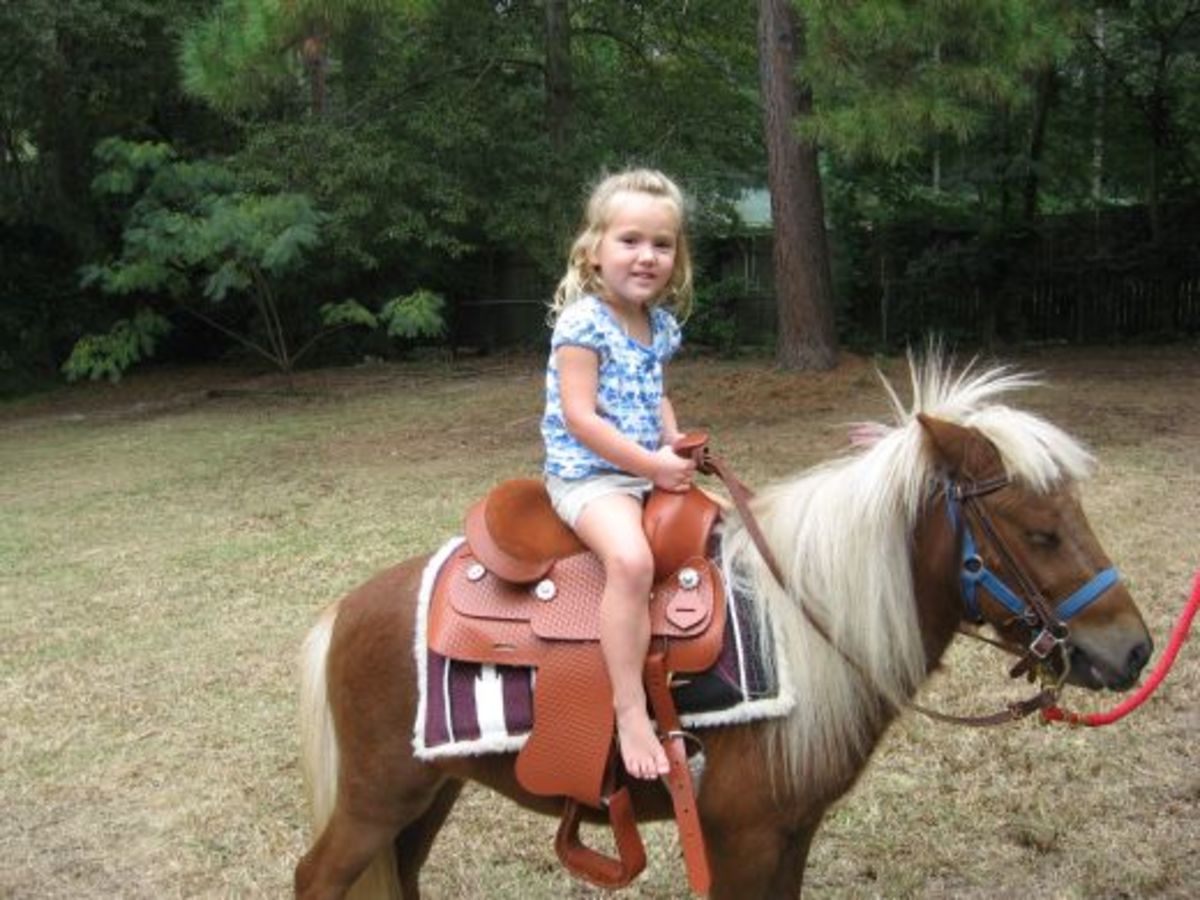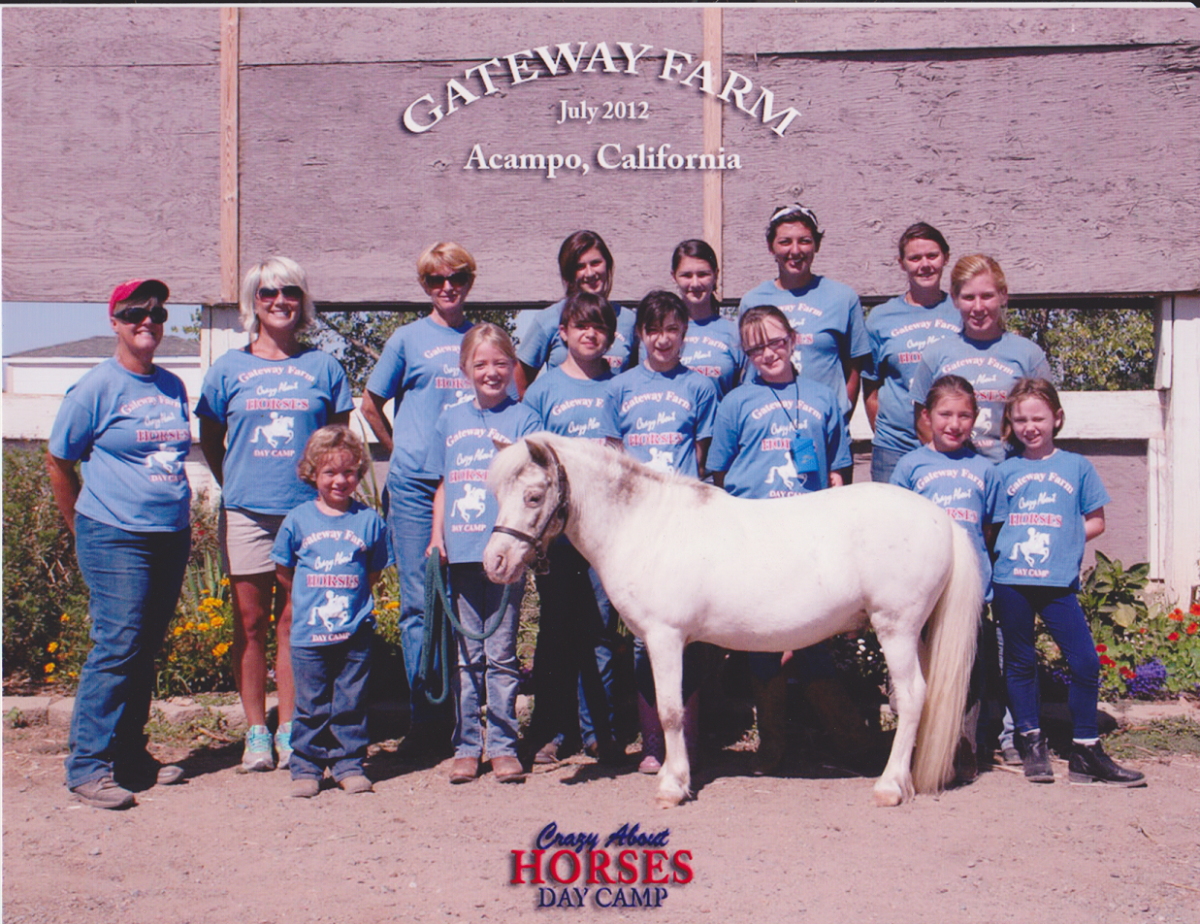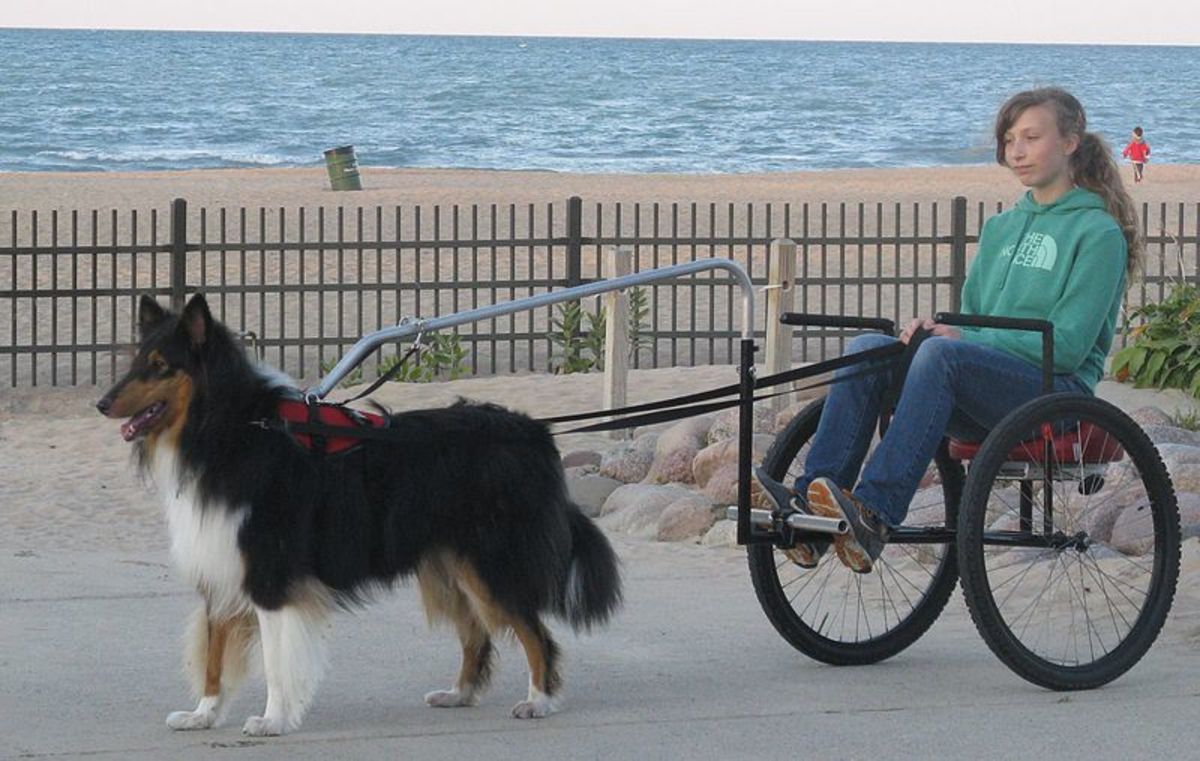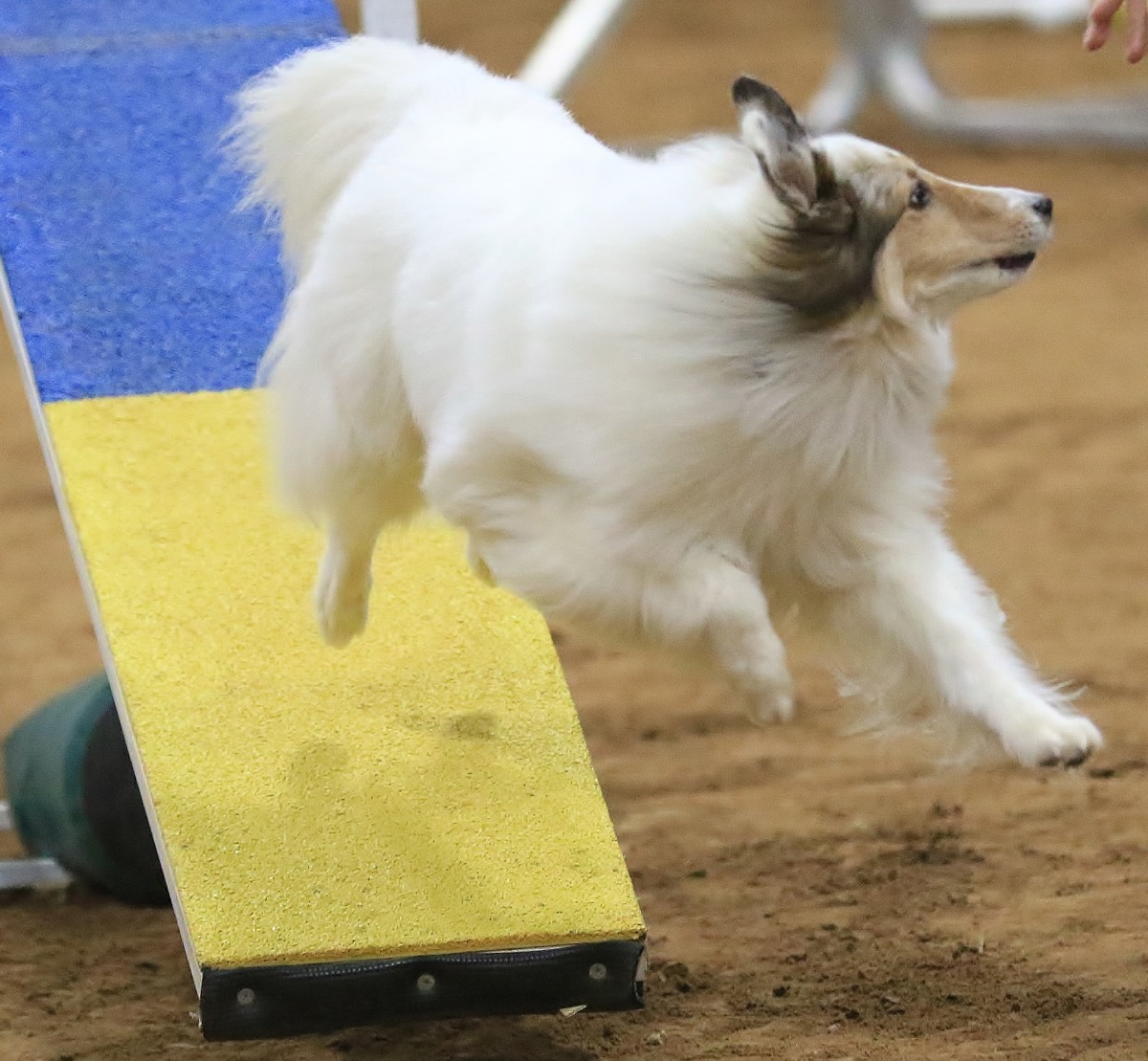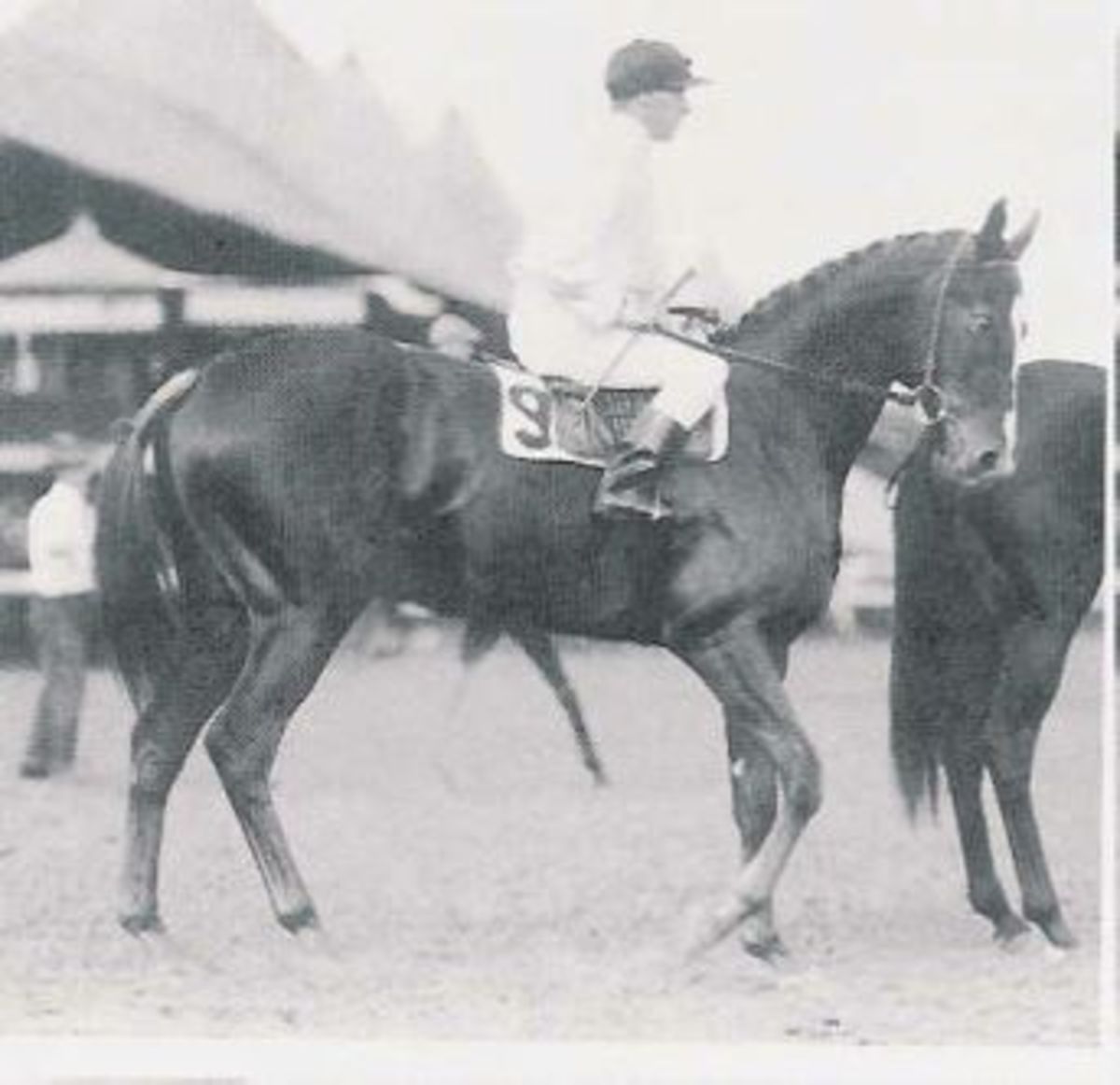Parent's Guide: Choosing the Right Summer Horseback Riding Camp for Your Child

8 things you must know about summer riding camps BEFORE signing your child up or telling them that magic word, “Yes.”
So, you made it past the holidays. Your child kept asking for a horse or a pony or riding lessons. You thought the idea might pass, but alas, they are still asking. What do you do?
Rest easy! With summer vacation right around the corner, Horse Riding Camps are a perfect opportunity to let your child try horseback riding without the lengthy time or financial commitment. And let’s face it; you would like an activity for them to get out of the house during summer break anyway!
Summer camp programs come in many different shapes and sizes. Small stables…large stables… facilities that only run camp programs…in and out of the country. Choosing the right one can be a daunting task. These 8 things will help any parent make a more informed decision.
#1 How old is your child?
If your answer is 7 or older, great! You are in luck. Depending on your area of the country, you should be able to find at least a few local choices for day camps and even overnight camps and there are plenty of out of town options for you. Read on!
If your answer is 6 or under, you may have some tears if you’ve already told them yes. Very young children often fall in love horses from their movies and storybooks. This is endearing, however, very few group lesson settings (like a camp) take on children under the age of 6. There are camps specifically designed for the little ones, but they are rare. This is usually for safety reasons, not to upset you or the child, so please do not grovel to the camp director. Check into private horseback riding instruction in your area. You may get lucky and find an instructor who can help them along til they are old enough for camp.
#2 How much are you willing to spend?
Most day camps run for five days to two weeks and range anywhere from $300 - $1000.
Most overnight camps run for one weekend up to a week or two and range from $500 - $1200.
Some camps are available for periods of up to 3 months at approximately $500 - $2000 per week. Though, it only makes sense to know how committed your child is to riding horses before considering these longer time frames.
Prices do not necessarily represent the quality of instruction or horses/ponies available. A lot depends on the amenities, activities, staffing, facility upkeep and cost of horse care in that region of the country.
The costs above are approximate, but if the camp-only price already looks prohibitive, it may be best to consider other options like taking up lessons at a local stable. Most riding camps will provide the basic equipment, such as a helmet for the inexperienced riders, but you are very likely to spend money above and beyond the basic camp price on items such as hard-soled boots with a heel and jeans or riding pants. Purchasing individual lessons will give you a chance to save some money to send them to camp next year by allowing you time to gather some of the proper equipment a piece at a time.
#3 Day or Overnight? Local or Out of Town? Length of session and dates?
These decisions are based primarily on age and maturity of the child and your trust level of both the camp and the camper. Trust your instincts.
Be sure you are being honest with yourself and your child about whether they are truly ready for overnight camp. It is not simply about age. Some children simply are not ready to be separated from their parents for long periods of time and get truly frightened. Others may not get along well with new children or surroundings and may lash out or withdraw. Then, there are some that are ready and just need a gentle nudge. If you are unsure, several camps offer the chance to upgrade the session from day to overnight camp once the session begins and you have had a chance to test the waters. There are often activities happening each evening that the day campers unfortunately miss out on, so if they are ready, it can be a great experience. You know your child the best!
#4 What style of riding do you want your child to experience?
Riding Camps offer a wide variety of styles. Your most basic decision will be: English or Western?
English riding offers a future in beautiful movements in what is known as Dressage; jumping obstacles in Hunters and Jumpers, or Eventing which offers both. Even Polo is an option.
Western offers a future in precise maneuvers in Reining, Pleasure and Horsemanship, Mounted Games and Rodeo events.
Many areas of the country offer Equestrian Vaulting that is an elegant and graceful sport offering dance and acrobatic movements performed on a horse in teams or as individuals. Some areas even offer Driving programs. Regardless of which style you choose, your child is bound to have to time of their life because they all have one thing in common – horses and ponies!!
#5 Determine your child’s riding skill level (honestly!)
Camp programs cater to a broad range of skill levels. Some are very basic and some are very specialized and are designed only for riders with a certain level of experience and/or horse ownership.
Unfortunately, skills levels are not as clearly defined in the horse-world as they are in skiing and snowboarding. For example, every resort around the world has a coding system for their slopes, and it is up to the individual to ski or ride only to their own level of ability. In horse-world, there is a widespread definition of beginner, novice, intermediate and advanced. Oftentimes it depends on the style (discipline) being taught, the horses available and the even the terrain of the countryside.
Getting your child placed in the right camp in the right session is amustfor their enjoyment and, most importantly, their safety. Look for a program that is a good fit and please ask the director for clarification because each program is little different. And, some can come up with very catchy titles for the groups that do not necessarily describe the skill level intended.
There is one level that does need to be clarified here, as it is often mistaken for “Beginner.”
That is: "Little or No Horse Experience"
It’s easy to get distracted by the constant plea from your child to learn riding and being asked to buy a horse or pony. What you may not know if you are not familiar with horses yourself, is that some children dream of doing all this and then they panic when presented with a real, live, 1000 pound animal. As gentle as can be, but it is somehow not what they imagined it would be from their books, their movies, seeing horses at the fair or grazing in fields on road-trips. Most of the time this fear passes quickly with good instruction in a session designed for that skill level.
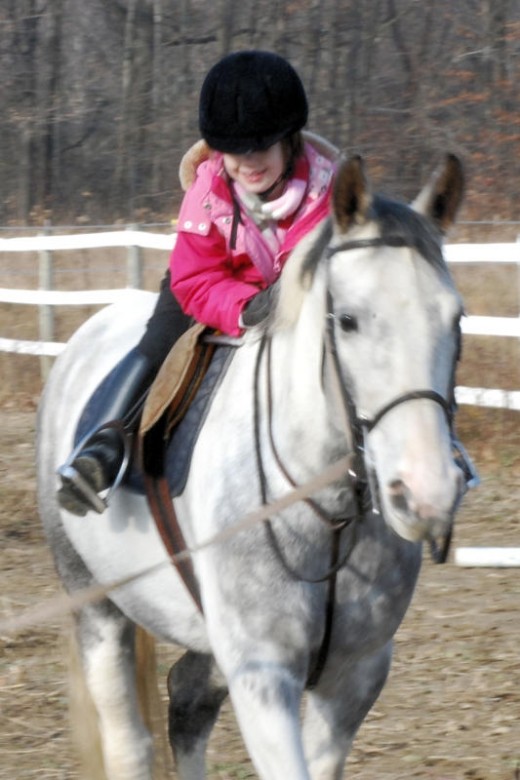
#6 What other activities do they offer?
Regardless of your child’s skill level or their passion for the sport, horses need a break from kids and kids need a break from horses. There are many other children to interact with at camp and many activities to enjoy. Do you want more educational activities or athletic activities? Camps offer anything from golf to mathematics, archery to English, swimming to foreign languages; and most all of them offer crafts, which is just plain fun. Find the camps that offer the activities that will please them and round out their days.
Most Importantly!
#7 Research time.
Once you have finally decided that you will allow your child to go off to camp, you absolutely have to determine which camp is acceptable by your standards. There are plenty of well-run camps available in places all over the world. Have fun with your search, bearing these things in mind.
Look beyond the pages. Ignore the glam, the bells and whistles!
Advertisements are everywhere. Everybody wants to sell his or her product. Anybody can make up a gorgeously designed brochure or website with pretty pictures of the property and horses. These may look great, but it is the people running the camp and teaching your child that you need to be more concerned with. Be cautious of tempting prices, bragging championship titles that someone has won at the barn. That person with the titles may not even work in the camp and this type of information will not tell you how they manage children of various ages or emergency situations. Advertising materials are too easy to come by these days. A good reputation is not!
Look for well known academic schools with equestrian programs that host camp sessions or camps with an established name, great reputations, well trained staff and are recognized by national organizations. This isnotto say that newer stables and regular riding programs offering camp sessions are not suitable, you just need to examine them more closely. Some “camps” are simply put together quickly by a riding facility to make some extra income over the summer and are not their primary focus (and never will be).
For local camps, talk to your friends, family and neighbors. Seek out nearby tack shops that sell equipment for horses and horse-people, feed stores, tractor supply stores and ask the owner and employees for referrals and ideas. They may have great insight. If not, be curious and keep asking around.
For away camps, the internet is a wonderful place to get you started. Just use the same smarts. How complete is the information they offer up front? A phone number or a link to a website is not enough. Look for well-established programs and definitely follow up with #8.
Safety Practices are Paramount!!!
Safe practices are the key ingredient to any well-run horseback riding camp. Period.
You want your child to have fun and have awesome experience; however, we all know that working with horses and ponies can be dangerous. Accidents can and will happen, but fortunately, there are tried and true safety measures that can be taken to ensure a safer environment for your child. You have to be sure that the camp (or any riding program) that you or your children are enrolled in follows at least these basic rules of thumb.
They should have:
-
Established emergency procedures for accidents, poor weather, and health issues of the patrons and students.
-
A rule that ASTM / SEI Approved Helmets are mandatory. Every student. Every horse. Every time!
-
Well-trained Teachers, Instructors and Counselors at least 18 years of age. It is even better if they are certified through the major Associations such as British Horse Society, American Riding Instructors Association, Camp Horsemanship Association, Certified Horsemanship Association and the like.
-
Appropriate school horses available. The right size, experience and skill-level.
-
Safe and appropriately sized equipment for the campers.
-
A mandatory dress code for the riders. Both safe and appropriate to horsemanship. Today's trends of skimpy, skin bearing clothing; baggy clothing and piercings are not safe or appropriate around a stable.
-
Reasonably sized lesson groups congruent with the skill-level of the riders.
-
Plenty of experienced assistants and/or out-riders for larger lessons in progress. Congruent with the skill-level of the riders.
-
Safe areas to ride with good footing. Enclosed arenas, cut trails, etc.
#8 Make those phone calls. Be willing to visit the facility if you can.
Below are some sample questions to consider asking the camp by phone (if you do not already have the information) and the answers you should be listening for. Calling is recommended so that you can hear the tone and confidence level of the response. It makes it more personal in this digital age and it will help you more easily make the right decision.
Q: My child is ___ years old and _________ skill level. Which session would you recommend?
A: Let them advise. (See #5)
Q: I think my child is ready for overnight camp, but I’m not sure. What would you recommend?
A: Let them advise. (See #3)
Q: Where do they stay overnight and with whom? Chaperones/night-check?
A: Let them advise.
Q: Who will be teaching? Who will be monitoring them during other times handling the horses?
A: Listen for age, experience (specifically with children), training and certifications they hold. Asking about handling times will give you an idea of how many people are involved in the program and how organized it is. Accidents are rare with experienced staff around.
Q: How many will be riding at the same time?
A: Depending on the level of the group, if the answer is more than 6 or 7, it is reasonable to also ask if the instructor has experienced ground assistants or out-riders. (See #7, 8.)
Q: What are the horses like for that group?
A:Listen for size and experience in group lesson environments suited to your child’s skill level. Ignore talk about show training and show records. You want to hear about their patience and personalities as camp horses. It is different.
Q: What does the session price include? What additional items do I need to provide?
A:Listen for things like, lunch, snacks, craft materials, camp horse show entry fees, use of approved helmet, other rider equipment such as a crop, bedding (if overnight), etc. Try to get a clear idea of what you have to purchase and send with them. Ask for a packing list. You can also check out my article on easy shopping for a new rider.
Q: Is there an on-site nurse or medical assistance?
A: Yes or no, but this is where they will tell you again how organized and established they are by their response. It is important to mention here if your child has health concerns or allergies.
Note about the Author:
My very own riding career began with summer horse camp. It can be such a rewarding experience and so much fun, especially if you do a little research. Enjoy your summer! I know your child will!
Good Luck and Have fun!!
© 2011 Megan Carl - Mane Alternative
